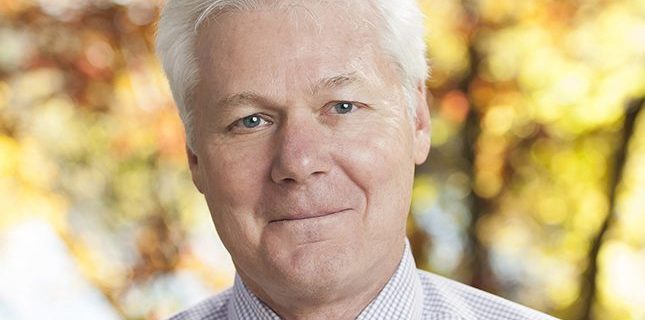Researching Potential Benefits of Medical Cannabis

Roy C. Maynard, M.D., is the Medical Director for PHS. He serves as PHS’s clinical leader, working with the team to provide consultation and advice to ensure quality and effective care to children and their families in their own homes. He also leads implementation of clinical policies, procedures and programs to further enhance the best possible care for each child. He is a Neonatologist and Pediatric Pulmonologist, and serves as a staff physician at Children’s Hospitals and Clinics in Minneapolis, Minn.
Marijuana contains multiple compounds and the psychoactive component that provides a “high” is known as tetrahydrocannabinol (THC). Cannabidiol and other cannabinoids present in marijuana may have potential medicinal properties – in adults, for example, there is some evidence that it may ameliorate nausea, vomiting and chronic pain conditions. Any potential benefit from medical cannabis for pediatric patients however remains less clear and is mostly anecdotal.
Legislation for medical marijuana
Medical marijuana and cannabis oil are considered schedule 1 drugs by the US Drug Enforcement Agency. This classification includes high potential for abuse, no currently accepted medical use for treatment in the US, and a lack of accepted safety for use of the drug or other substance under medical supervision. Under the Controlled Substances Act, dispensing schedule 1 drugs is prohibited. However, 23 states including Minnesota and Washington DC have approved legislation for medical marijuana. A further 10 states have approved Limited Access Programs for medical marijuana.
On the fast track
The concern in the medical community is the “fast tracking” of medical cannabis. Pharmaceuticals generally go thru arduous research trials before the regulatory body the Food and Drug Administration (FDA) determines that the benefit of the drug outweighs its risk and approves a drug. Medical marijuana has bypassed this process. Marijuana is known to have a deleterious effect on the developing brain. Frequent and heavy cannabis use is associated with impaired short term memory, concentration, and attention span.
Understanding potential benefits
The American Academy of Pediatrics (AAP) opposes “medical marijuana” outside of the normal regulatory processes governed by the FDA. They do, however, support further research on the potential benefits of medical cannabis for children. Currently there are ongoing formal research trials to assess the risk/benefit of medical cannabis in children with seizures and other disorders. Hopefully these studies will shed further light on which children may benefit from medical cannabis.
Our current policy
Pediatric Home Service home care nursing has established a policy comparable to Minnesota hospitals regarding medical cannabis. To comply with state and federal laws and minimize risk to staff while still supporting the families and children enrolled in the state’s medical cannabis program, PHS home nurses will not handle, dispense, administer or dispose of medical cannabis when taking care of the child. Parents will be responsible for this aspect of their child’s care.
Originally published: October 13, 2015


